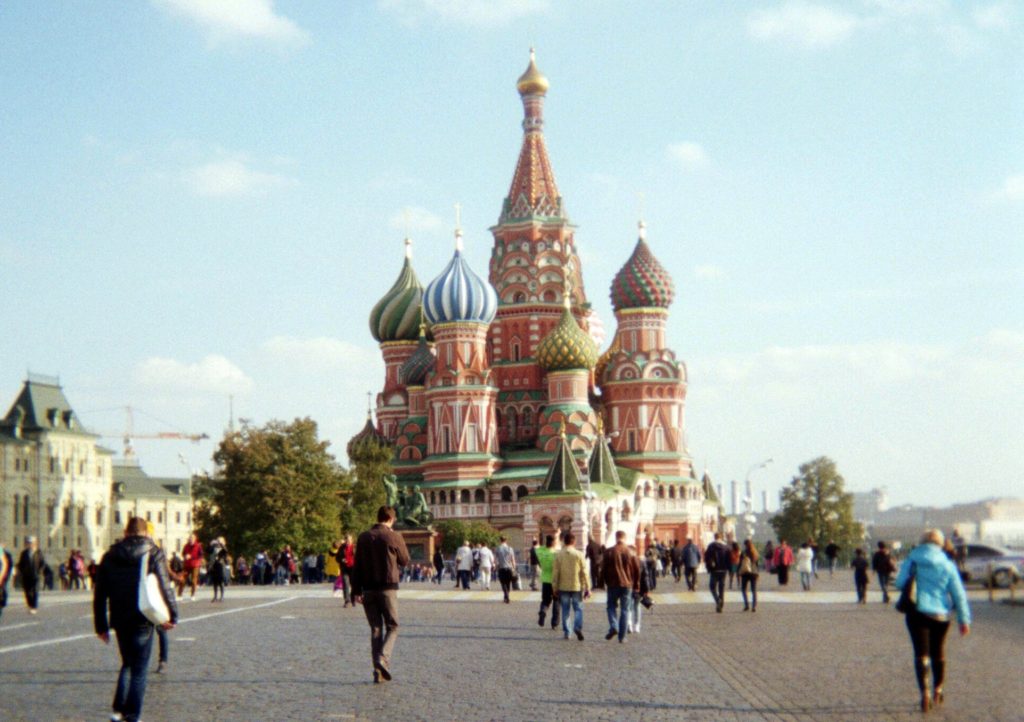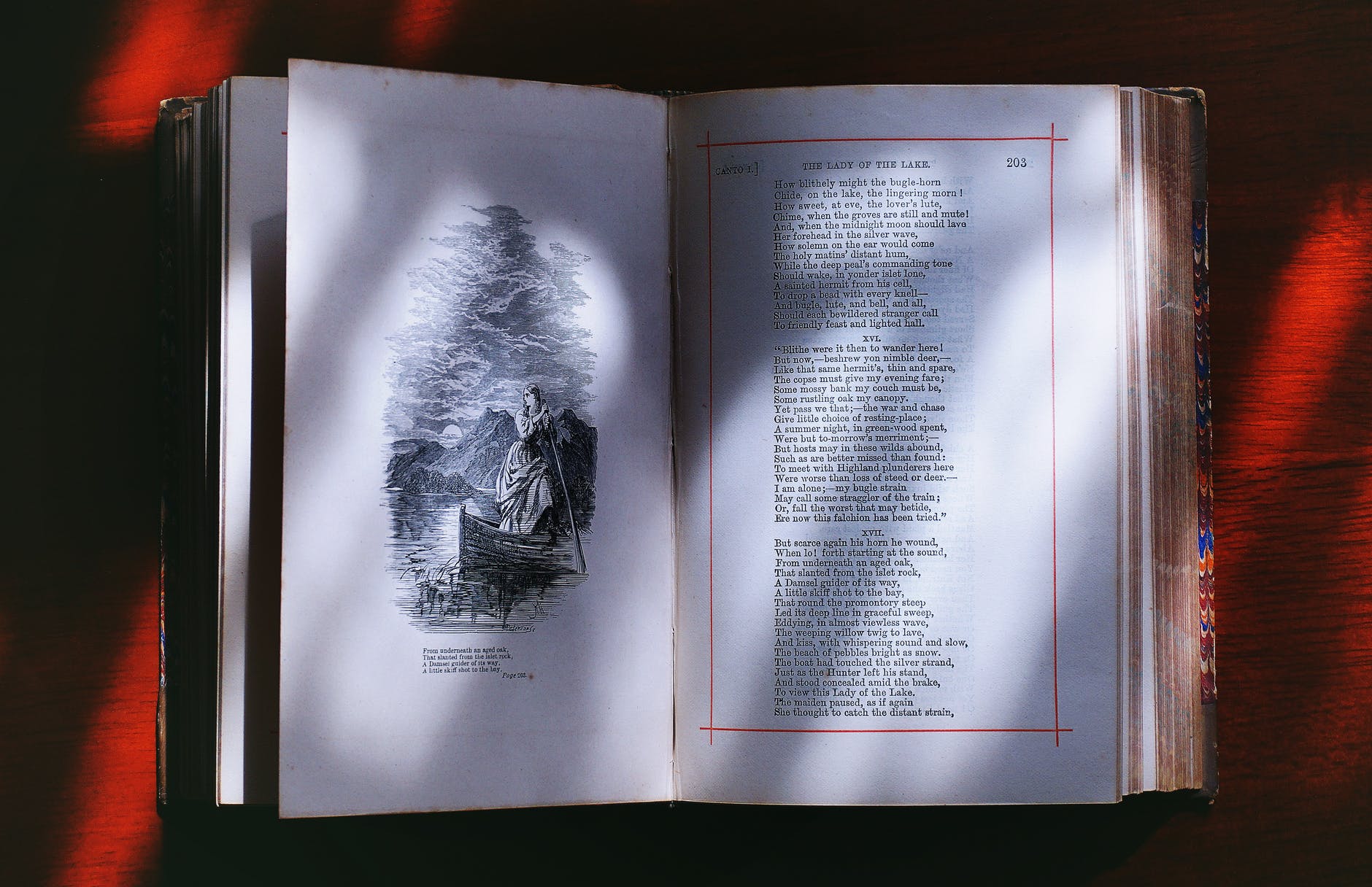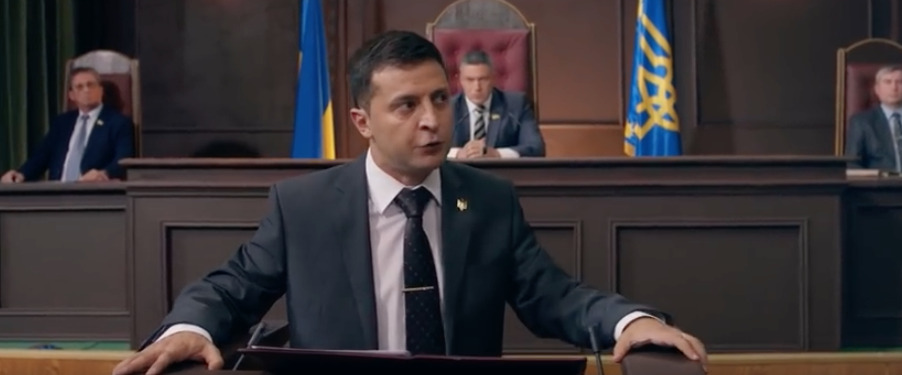
By Paul Robinson, Canadian Dimension, 4/1/22
In March of this year, news came from Russia that former Deputy Prime Minister Anatoly Chubais had quit his job as presidential special representative for the environment and left the country. With the exception of President Vladimir Putin’s Deputy Chief of Staff, Sergei Kirienko, there is now almost nobody left in the Russian government who served under Boris Yeltsin as part of the liberal reforming team of the 1990s. Chubais’s departure in some ways marks the end of an era.
Although the Russian political system is not a liberal one, until recently liberalism had a role to play in it. A number of what are known as “systemic liberals” have occupied prominent positions in the government, including not only Chubais but others such as: Elvira Nabiullina, head of the Central Bank; Alexei Kudrin, Chairman of the Accounts Chamber; and Ella Pamfilova, Chair of the Central Electoral Commission. Over time, though, the space available for liberalism has narrowed, and now the war in Ukraine has so restricted it that one may wonder if Russian liberalism is next to dead.
With that, the idea of Russia joining what is called the “West” has taken a near fatal blow. For 200 years, Russian intellectuals have been divided between those who believe that Russia is fated to converge with the West and those who argue that Russia must follow its own path. With the war in Ukraine, it may be that the case for convergence has been decisively lost, and that a new era of divergence has begun.
Explaining this requires a historical digression. In Western Europe, the rise of liberalism was associated with the development of capitalism and the growth of a powerful bourgeois class. In Russia, however, liberal ideas developed at a time when a capitalist bourgeoisie was largely absent. Consequently, as the early 20th century liberal politician Pavel Miliukov put it, “Russian liberalism was not bourgeois, but intellectual.” A similar dynamic has persisted in later periods, with modern liberalism being commonly associated with what are sometimes called the “creative classes.” Russian liberalism has always been an elite phenomenon, and as such has reflected the culture of that elite, which has tended to be positivist and rationalist, viewing history as an inexorable process of progress towards a known end—a liberal society in line with Western models.
One can see this as early as 1825, when a group of army officers known as the Decembrists attempted a coup against Tsar Nicholas I. Expressing their views, one of the Decembrists’ supporters, economist Nikolai Turgenev, wrote: “If one were to ask in which direction the Russian people is destined to march, I would say that the question has already been answered: it must march towards European civilization.” Two decades later, the same view was argued by one of the founders of Russian liberalism, Konstantin Kavelin. He rejected the idea of a Russian nature distinct from that of Europe, and wrote: “The difference [between the West and Russia] lies solely in the preceding historical facts; the aim, the task, the aspirations, the way forward are one and the same.” Likewise, in the late Imperial era, confronted by the complaint that Western European models did not apply to Russia, Miliukov replied that Russia had to obey “the laws of political biology.”
Stalin destroyed liberalism within the Soviet Union for a long time, but from the early 1960s it began to re-emerge, as a small but intellectually significant element of the Soviet elite sought to overcome the divisions between East and West. Particularly notable was the Prague-based journal World Marxist Review, whose staff included several men who would later serve as advisors to Mikhail Gorbachev, the Soviet Union’s last leader, such as Georgii Arbatov, Georgii Shakhnazarov, and Anatoly Chernyaev. Their view was that Stalinism had derailed Russia from the natural progression of history, and that what the Soviet Union needed was to “return to civilization.”
The reforms undertaken by Gorbachev in the late 1980s under the rubric of perestroika popularized this line of thinking. In a 1988 article, historian Leonid Batkin stated that at the start of the twentieth century, Russia had had the chance to become Western, but due to Stalin, “We have dropped out of world history… We must in our own way and in accordance with our own historical peculiarities and ideals return to the highroad of modern civilization.”
The idea that Russia must rejoin the West—as this represents the end point of history’s natural path of development—is axiomatic among post-Soviet liberals. Thus the 2012 election manifesto of the liberal Yabloko party declared: “In light of its historical fate, cultural traditions, and geography, Russia is a European country. Its future is indivisibly connected with Europe. The Russian nation’s potential can be revealed only through a creative assimilation of the values of European civilization.”
The popular appeal of this point of view is very limited. In the eyes of much of the Russian population both liberalism and Westernism have been discredited due to their association with the collapse of the Russian economy in the 1990s. In addition, acts such as the bombing of Yugoslavia, the invasion of Iraq, the bombing of Libya, and support for the Maidan revolution in Ukraine, have thoroughly tainted the West’s moral authority among Russians. As journalist Dmitry Sokolov-Mitrich writes:
“The first serious blow to our pro-Western orientation in life was Kosovo. It was a shock; our rose-colored glasses were shattered into pieces. … Second Iraq, Afghanistan, the final separation of Kosovo, ‘Arab Spring,’ Libya, Syria—all of this was surprising, but no longer earth-shattering. Illusions were lost: it was more or less clear to us what the West was about. … EuroMaidan and the subsequent fierce civil war made it clear. … We see the blood and war crimes, the bodies of women and children, an entire country sliding back into the 1940s—and the Western world, which we loved so much, assures us that none of this is happening. … It was a shock stronger than Kosovo. For me and for many thousands of middle-aged Russians, who came into the world with the American dream in our heads, the myth of the “civilized world” collapsed completely.”
In light of such views, the continued adulation of the West by Russia’s few remaining liberals leaves them open to accusations that they are unpatriotic. Tatyana Felgengauer of the now-banned liberal Ekho Moskvy radio station noted that, “The average Russian does not like Ekho Moskvy. They constantly blame us: claiming that we are the Echo of the US State Department, that we are not patriots, that we have sold ourselves to the Americans, that we are against Russia.” In 2014, the tensions between popular patriotism and the attitudes of the liberal intelligentsia came to a head following the annexation of Crimea. Whereas the vast majority of the Russian people celebrated Crimea’s “return” to Russia, most Russian liberals condemned it.
The revolution that took place in Ukraine in 2014 was seen by liberals as “an effort to join European civilization.” By contrast, the so-called “Russian Spring,” which arose in opposition to the revolution, and which involved the annexation of Crimea and the uprising in Donbas, was regarded as anti-European. As Yabloko’s one-time head, Grigory Yavlinsky, put it, “The main consequence of the current policy towards Ukraine is the strengthening of Russia’s course as a non-European country.”
In the eyes of many liberals, the Russian Spring revealed some deep psychological failing of the Russian people. As the poet Olga Sedakova wrote, it also demonstrated the gulf between the intelligentsia and the masses:
“The feeling of complete mental derangement arose at the moment of all this story about Crimea. Until then, there remained some illusions. That on the one hand there was the authorities, and on the other hand the people. … But during and after the Crimean epic we saw that the authorities’ actions fully corresponded to the aspirations of the people … Indeed, the great majority of the people truly support the authorities. … It was, of course, a difficult revelation.”
Sedakova’s statement amounts to a recognition that by taking the West’s side in Russia’s struggle against Ukraine, the Westernizing liberal intelligentsia has placed itself in opposition to the mass of the Russian people. As a member of Yabloko’s political committee, A.V. Rodionov, told his colleagues during a debate on the subject of Crimea:
“Russian society has said ‘No, Crimea is ours, and Yabloko is not ours.’ You understand, this is what has happened. We shouldn’t fool ourselves. We have crossed a red line separating society’s understanding … from society’s hostility. … I think there’s been a sort of ethical glitch. We’ve taken the enemy’s side.”
The effect has been to discredit liberalism even further in Russians’ eyes. The invasion of Ukraine has now administered what may be the coup de grâce to Westernizing ideas. Liberals have been outspoken in their opposition. While one may admire the principled nature of their stance, it has once again placed them on the side of their country’s official enemies, earning the wrath both of the state and of the general public, most of whom appear to support the war. Since the invasion, much of what remains of Russia’s remaining pro-Western, liberal-leaning media have been shut down, including the radio station Ekho Moskvy, the TV station Dozhd, and the newspaper Novaia Gazeta. If not actually dead, Russian Westernism is somewhere close to it.
In an article published on March 31, Farida Rastumova of the Latvia-based anti-Kremlin media outlet Meduza, commented that discussions with high-ranking Russian bureaucrats revealed that even those who had initially opposed the war in Ukraine had now rallied around the flag. The sweeping sanctions imposed by the West against Russia have had the effect of consolidating anti-Western feeling. As one official told her: “Those people [in the West] don’t understand who they’ve messed with. This causes a sharp reaction even among those who thought differently and asked questions [of the authorities]. Now they won’t ask questions for a long time. They will hate the West and consolidate in order to live their lives.”
“When I saw what they were doing to those poor Paralympians, that was it for me,” said another, “I don’t care about iPhones. I can use a Chinese phone. I have a German car—let me drive a Chinese or Russian one instead.” “Since they adopted sanctions against us, we’re going to fuck them,” said a third, of whom the article said, he “has long been a member of Putin’s team, but has been a considered a liberal thinker.” “Now they’ll have to buy rubles on the Moscow Exchange to buy gas from us,” he adds, “But that’s just the beginning. Now we’re going to fuck them all.”
Russians have long debated whether their country should adopt the Western model or go its own way. The comments above suggest that the argument has now been settled in favour of the latter. Following the invasion of Ukraine, the West has almost completely severed connections with Russia. Even benign activities such as cultural exchanges, which continued even during the height of the Cold War, have been cut off. Economic sanctions have been imposed which look likely to be next to permanent. It is very hard to see how either side will be able go back to the way things were. Moreover, the rise of China and other developing countries means that the West is no longer the only paradigm of an advanced, successful political and economic system. Those dissatisfied with the state of affairs at home now have models other than the West to look at.
At the end of the Cold War there was much debate between proponents of two models of the world’s future development—Francis Fukuyama’s End of History and Samuel Huntington’s Clash of Civilizations. For Russians this debate reflected their own long-lasting dispute between Westernizing liberal historical determinists on the one hand and conservative believers in distinct paths of civilizational development on the other. The latter have won the day, and there may be no turning back.



